Amid the gloom, a brave man comes along
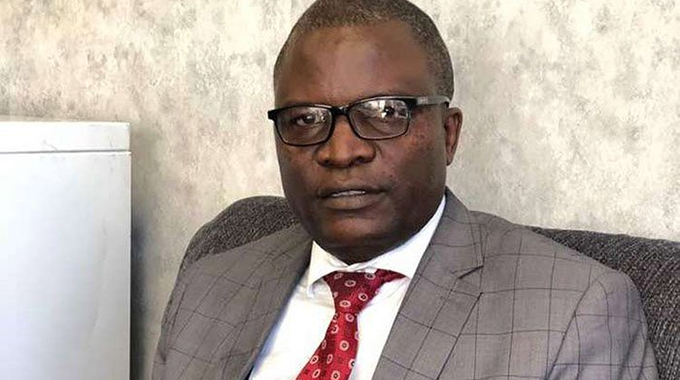
Robson Sharuko
Senior Sports Editor
THEY played a leading role in the war of attrition that led to the establishment of the domestic Premiership and now they have finally found their big voice to fight for the league’s very survival.
Where the late Morrison Sifelani led the way, in the trenches, in the nasty boardroom fights that eventually resulted in the formation of the PSL, banker Isaiah Mupfurutsa, has now stepped in to try and save the league from collapsing.
With the biggest support base, a rich legacy of success in which they are the country’s most successful football club and a history of militancy, the Glamour Boys have been more than just a football club.
They used to be regarded as sporting branch of the political struggle, which eventually led to Independence, earning the tag as the black men’s club which challenged white superiority.
Then, they provided the country with its first Warriors captain, Sunday Chidzambwa, after Independence, who later became the first coach to guide the national side to the AFCON finals two decades later.
And, at the turn of the ‘90s, amid a wave of rebellion against the direct control, from associations by the leading clubs in the world, DeMbare also provided the face of the domestic movement.
Sifelani, who died in Gweru at the age of 75 in December 2010, was the heart of that rebellion, against ZIFA’s direct control of the top-flight clubs, as the elite teams fought to chart a new course.
Chris Sibanda, the firebrand Black Rhinos official, might have been the soul of the movement, with his energy and fearless approach, but it was Sifelani who was the leader of the rebellion.
Cool, calm and articulate, with the persuasive power to convince even the doubters, once he was provided with a platform to address them, Sifelani provided the oxygen which kept the rebellion alive.
That he had the powerful muscle, which comes with being the leader of Dynamos, played a big part in helping his cause and making his voice heard in that bruising battle against the ZIFA leaders.
Trevor Carelse-Juul, then the ZIFA boss, was desperate for the association to retain direct control of the top-flight clubs, including running their gates, and initially resisted everything which the rebellious teams threw at them.
But Sifelani and his men, who were targeted with a cocktail of threats, including suspension from the game, kept marching on and, at the beginning of the ‘93 season, the Super League — which was run directly by ZIFA — gave way to the Premiership.
While the promised financial dividends, which the clubs hoped would come with taking control of their affairs, have not been realised, the domestic top-flight league has kept going, even providing a finalist in the CAF Champions League.
Now, amid the threat of Armageddon, posed by the way domestic football has failed to deal the Covid-19 pandemic, a Dynamos leader has emerged with both the courage, and wisdom, to confront the challenges which the game faces.
There are fears some of the clubs in domestic football, whose leadership shortcomings have been crudely exposed by the Covid-19 pandemic, could be heading for a collapse.
Analysts have struggled to understand how local football remains frozen out of action while the game, in other countries like Zambia, South Africa and Tanzania, has resumed.
And, Dynamos chairman, Mupfurutsa, whose club could lose their flagship partner should the domestic Premiership remain in limbo, has displayed the leadership expected from the boss of the country’s biggest side.
His letter to ZIFA president, Felton Kamambo, on January 27, 2021, which was copied to PSL boss, Farai Jere, could not have come at a better time when the game has been crying for such brave leadership.
“Dynamos Football Club, a member of the ZIFA Assembly, hereby request your esteemed office and person to facilitate the resumption of elite league football in Zimbabwe,’’ Mupfurutsa wrote in a letter obtained by our sister newspaper, The Sunday Mail.
“Our request and urgent plea is premised upon the need to save the local football industry from near collapse, which collapse would have a negative ripple effect on the mainstream economy.
“Our anchor sponsors are on the brink of withdrawing their sponsorship of the club should games not resume by March 2021, a situation that would plunge the sports industry into an abyss since we contribute to the local football and sport fiscus.
“As one of the biggest teams in Zimbabwe, boasting of a huge following in the ten provinces of Zimbabwe, we request that local football is allowed to resume under water-tight conditions which we commit to observe to the letter.
“It is our plea that we take a leaf from neighbouring leagues that are active while observing WHO (World Health Organisation) guidelines.
“South Africa, Zambia, Tanzania, Uganda, Nigeria, Cameroon, to mention but a few major leagues, have allowed football to resume under the watchful eyes of their authorities and WHO regulations are observed.’’
What has worried many analysts is the apparent lack of urgency, or desperation, on the part of the game’s leadership, to even discuss the possibility of domestic football’s return.
And, during such troubled times, heroes have to emerge, even if it comes with a cost for them, because, the rot really thrives when good men do nothing and, instead, choose to watch from the sidelines.
Mupfurutsa has triggered the debate but he can’t win it alone and the time has come for those, who really care about domestic football, to add their powerful voices.


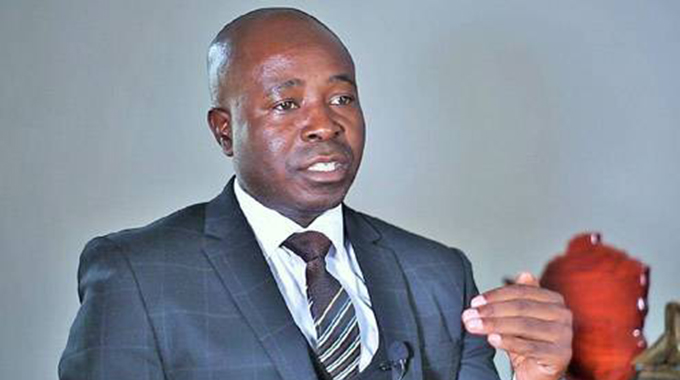
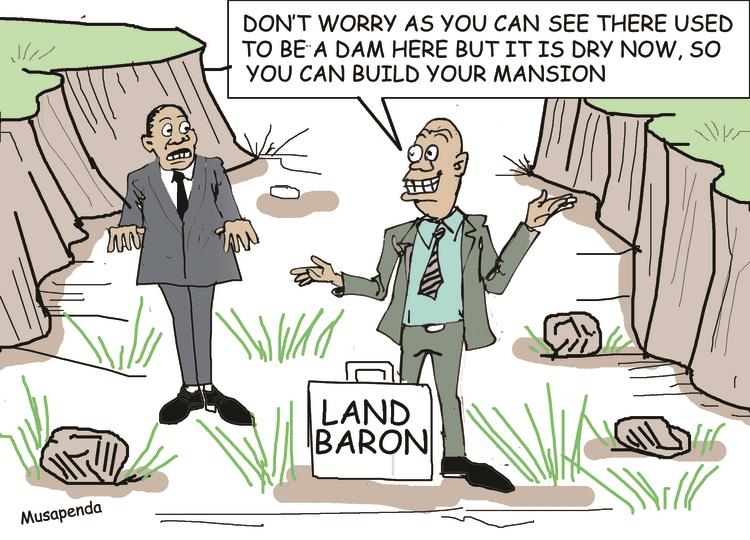
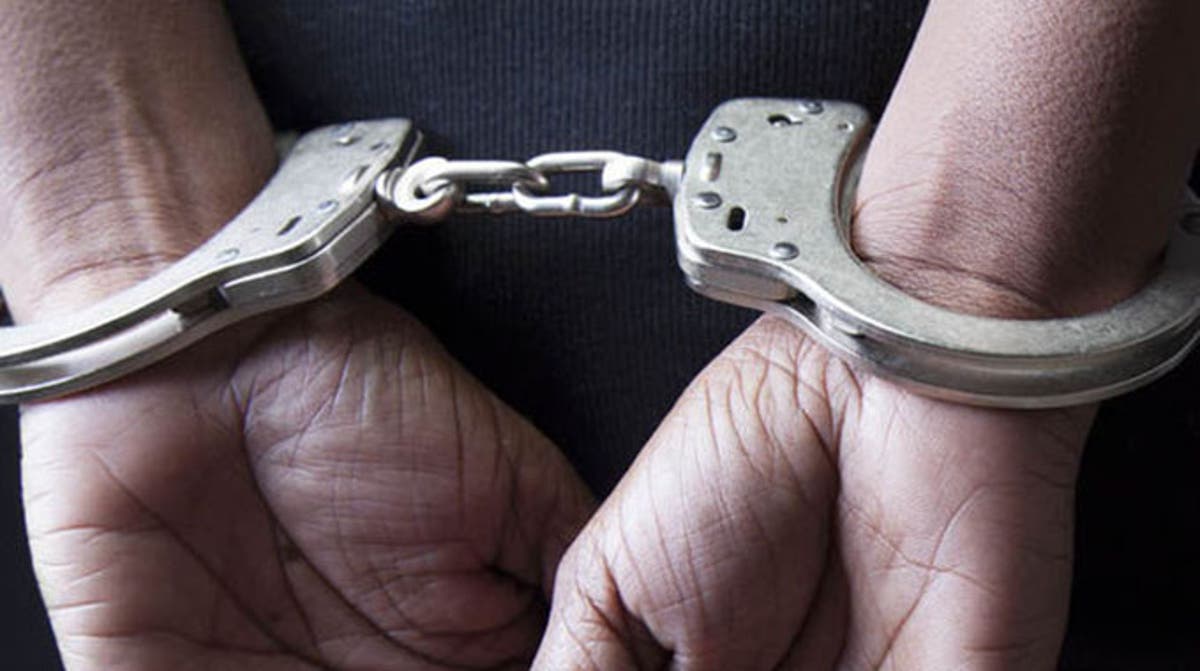
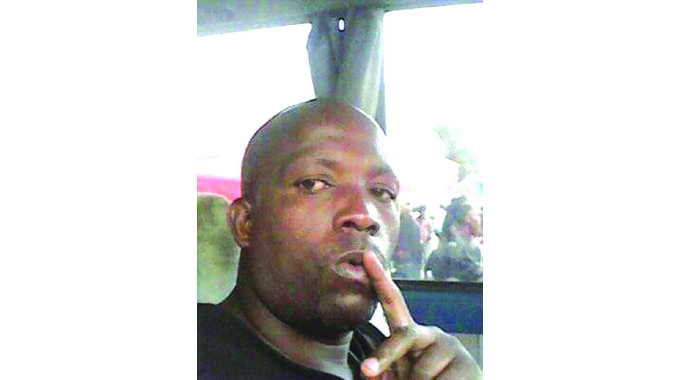
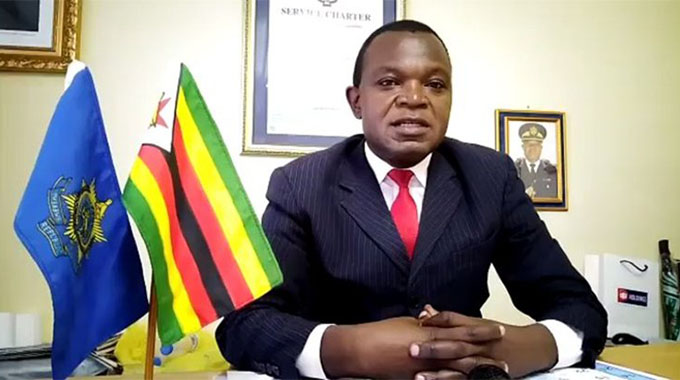

Comments